Jeethu Joseph: We’re confident that Neru is a good Mohanlal film, but we can’t predict its box-office fate | Exclusive
Drishyam director Jeethu Joseph explains why he decided to cast Mohanlal in Neru, which is set to release in theatres on December 21
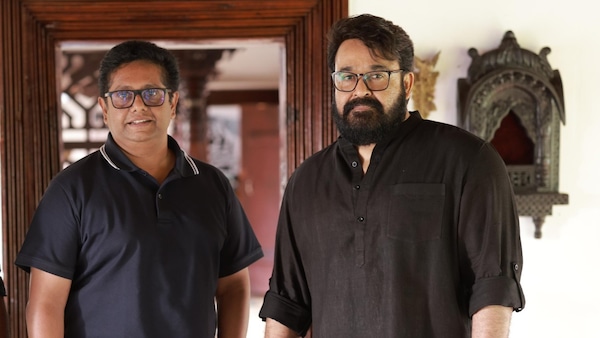
Last Updated: 03.34 PM, Dec 18, 2023
Post the success of Drishyam and Drishyam 2, every time Jeethu Joseph and Mohanlal collaborate, there’s a huge cloud of expectation that hangs heavy on the duo’s outing, so much so that the filmmaker has to clarify time and again what to expect from their venture together.
It’s been the same for their upcoming movie Neru, which is set to hit the theatres on December 21 – a decade after their first blockbuster together. In an exclusive interview with OTTplay, Jeethu explains what to expect from their Christmas release, why he waited almost 10 years to do this film and the challenges of working with another writer.
Since the success of Drishyam almost 10 years ago, you have made it a point to clearly define the film’s genre to ensure that the audience keep their expectations at bay. It’s something that you have repeated for Neru as well – where you have said it’s an emotional courtroom drama – nothing more, nothing less.
Yes, that’s all you should expect from the film. It’s a movie that all of us are confident about; people can come to theatres expecting to watch a very good film. It’s a great Mohanlal-starrer that the family audience can enjoy. Unlike the previous movies we have collaborated in, it doesn’t have twists, mysteries or suspense; this doesn’t follow that pattern at all. It’s an emotional courtroom drama. People who expect ‘mass’-heavy dialogues from Mohanlal might not like this film. That’s the primary reason I clarify; to not disappoint them.
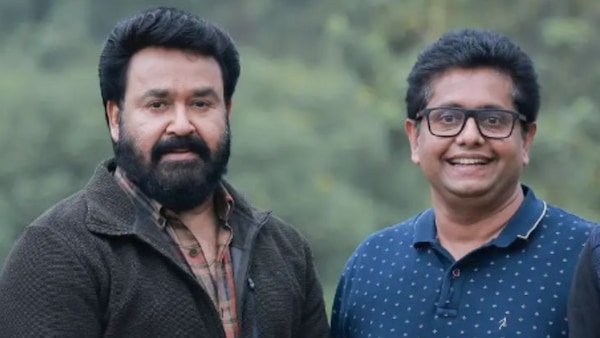
From the trailer, Mohanlal’s character Vijayamohan is someone who takes up a challenging case and has to prove himself. When casting a superstar, does that take away from the thrill of the ending?
In Neru, every character goes through a whirlwind of emotions and has their own journey. Also, the audience can never predict if Vijayamohan will win or lose the case; the film sustains because of the curiosity of how and why. Neru doesn’t have any twist or suspense, like my previous movies where a crime is committed, an investigation ensues to find a culprit or a culprit is already apprehended and the cops have to prove that he or she had committed the crime.
In this film, within the first five minutes, you know what the crime is and who the culprit is. The next phase is the trial – where a lawyer tries to ensure the culprit is punished for his crime, while another section is trying to prove that person is innocent. It’s a legal battle between the prosecution and defense.
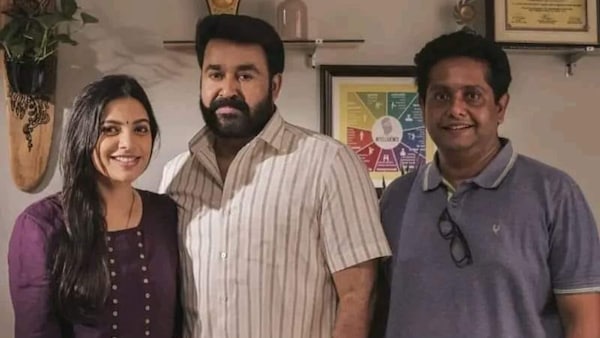
You had said in a recent interview that you had tried to make the courtroom proceedings as realistic as possible. So, how much research had gone into and how much did having actor-lawyer Santhi Mayadevi as your co-writer help?
That’s the main reason I brought Santhi onboard. If I had done my research, I could have learnt about the procedures but while writing, if I wanted the dialogues and also to capture the ambience of a courtroom, I felt it was better if there was someone who was more knowledgeable.
I first had the idea for this movie almost 10 years ago, but back then I couldn’t have written it without the help of a lawyer. I had approached a lot of advocates and because they were busy, it just didn’t happen. Additionally, none of them were creatively inclined; they told me they could tell me what happens in a court. But I felt it just wouldn’t work out because it called for a lot of effort from my side and I’d rather do another movie.
When we were shooting the first schedule of Ram before the pandemic, Santhi was part of a court scene – as a character who sits with the public. She came up to me and told me that there were a few flaws in the courtroom sets that we have put up. That’s when I enquired further.
So, when I wrote the court scene for Drishyam 2, I sent her the scenes and asked if she could write the dialogues in the way that a lawyer would speak. Once I saw what she had written, I knew there was a writer in her. That’s when I requested her to help me out with the script of Neru. Even then it took us two years to complete it. There are things like how lawyers bow at court, their approach towards the judge, that need to be accounted for. That said, it’s a 100% realistic picture. It had to be cinematic and there had to be some drama – all of which we have managed to weave in.
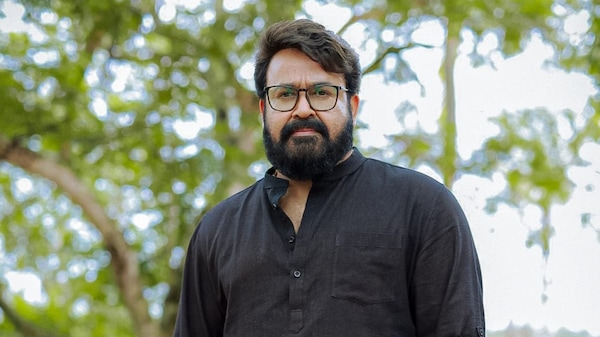
When an established director like you works with a debutant scriptwriter, you always have the power to ‘overrule’ the person. So, how was the scripting process between you and Santhi?
When we began, I told her to write down the sequence of events that would have happened if such a trial happened in real life. She said that it would be dry and mundane. I still asked her to go ahead and so, she wrote that. From that, we took the proceedings and the most important aspects that can be weaved into the film. She has worked in movies and so has an understanding of how to make things work in movies. She has her own ideas.
Every time a judge comes to the court, the daffedar pulls the chair for him to sit. We don’t have to show it every time before a court session. So, we discussed all of that and tried to make it cinematic.
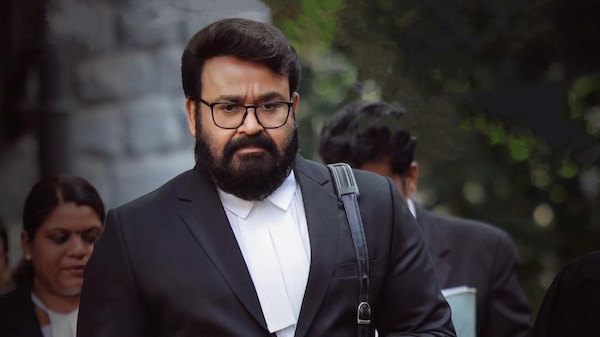
Recently, you have been working with a lot of co-writers, for instance, KR Krisha Kumar – whom you have collaborated with on 12th Man, Kooman and now, Nunakuzhi. Do you enjoy this more, because you have a wider pool of ideas to pick from than when you are scripting alone?
There are positives and negatives. The advantage is that you get other different perspectives and the co-writer thinks of different angles to approach a scene. The important thing is you shouldn’t have a huge ego – when we say something, the other person must also understand and we should arrive at a common ground.
The other side is that if it’s my script, I won’t even refer to it when I shoot the film – not even for dialogues as I know it inside out. But if someone else has written it, then I have to feed it in. That’s a process.
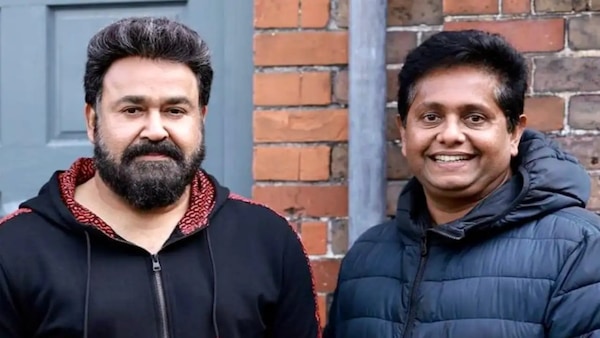
What’s the status of Ram?
There are still some challenges in terms of the location and artiste dates. When we get the dates together, the climate is not favourable and vice versa. We have completed about 80% of the shoot now.
Subscribe to our newsletter for top content, delivered fast.

